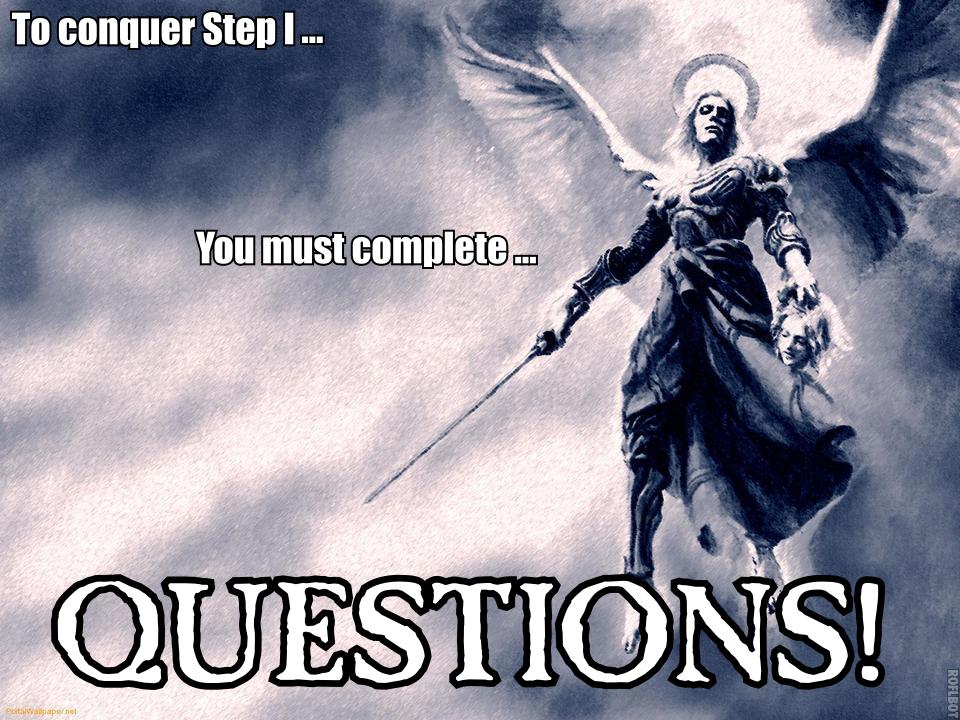- Joined
- Jan 18, 2012
- Messages
- 3,882
- Reaction score
- 1,675
From GT:
"A 44-year old male comes to your office because of worsening paresthesias in his hands and feet and now he has recently developed some intermittent hemoptysis. He had a recent pneumonia for which he was treated with an antibiotic, the name of which he does not remember. He admits to feeling tired and has lost some weight but denies any abdominal pain or discomfort. Review of systems is positive for some new rash. Vitals are normal except an elevated blood pressure. Physical exam shows palpable purpura of the lower extremities. What is the most likely diagnosis?
A. Henoch-Schonlein Purpura
B. Wegener's granulomatosis
C. Churg-Strauss syndrome
D. Microscopic polyangiitis
E. Polyarteritis nodosa"
------
The answer is D.
Now before anyone goes jumping out and saying why it's not the other answer choices (i.e. I'm very aware of the Sx of the other answer choices), I'm curious to know simply why the vignette specifically supports microscopic polyangiitis. In other words, why should this Dx have jumped out at me other than simply inferring that the presentation wasn't the others?
Cheers,
"A 44-year old male comes to your office because of worsening paresthesias in his hands and feet and now he has recently developed some intermittent hemoptysis. He had a recent pneumonia for which he was treated with an antibiotic, the name of which he does not remember. He admits to feeling tired and has lost some weight but denies any abdominal pain or discomfort. Review of systems is positive for some new rash. Vitals are normal except an elevated blood pressure. Physical exam shows palpable purpura of the lower extremities. What is the most likely diagnosis?
A. Henoch-Schonlein Purpura
B. Wegener's granulomatosis
C. Churg-Strauss syndrome
D. Microscopic polyangiitis
E. Polyarteritis nodosa"
------
The answer is D.
Now before anyone goes jumping out and saying why it's not the other answer choices (i.e. I'm very aware of the Sx of the other answer choices), I'm curious to know simply why the vignette specifically supports microscopic polyangiitis. In other words, why should this Dx have jumped out at me other than simply inferring that the presentation wasn't the others?
Cheers,

